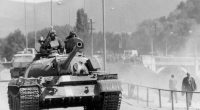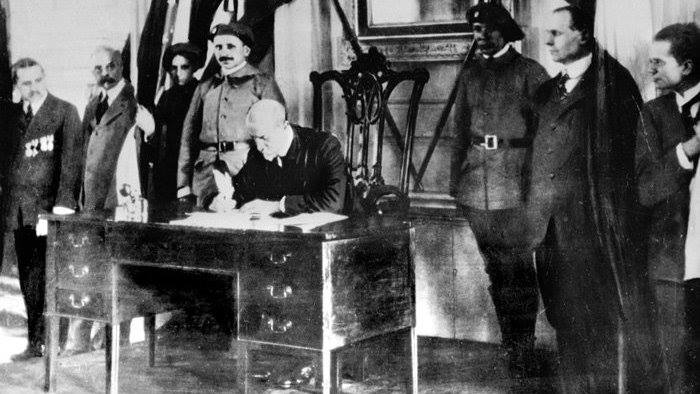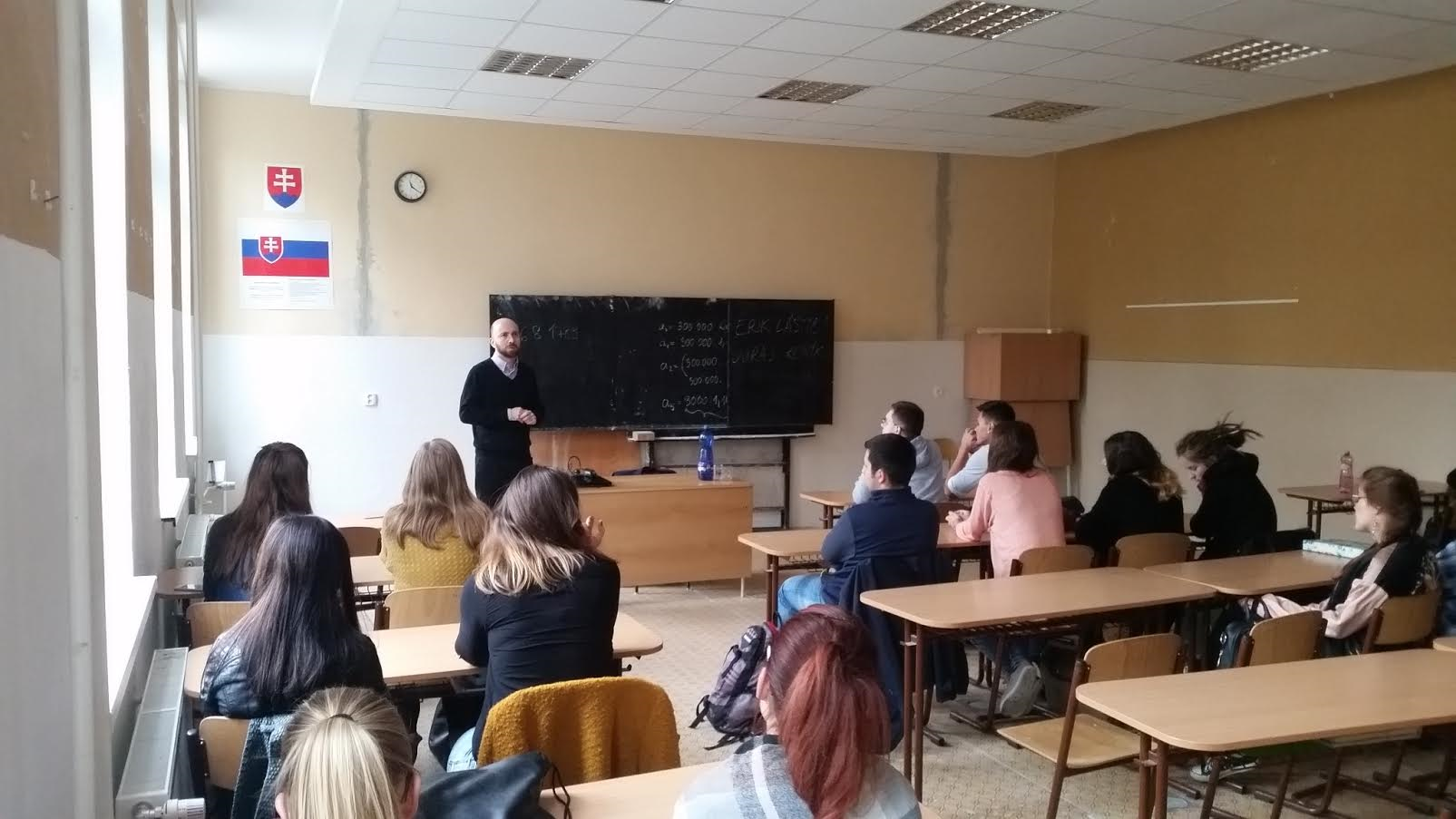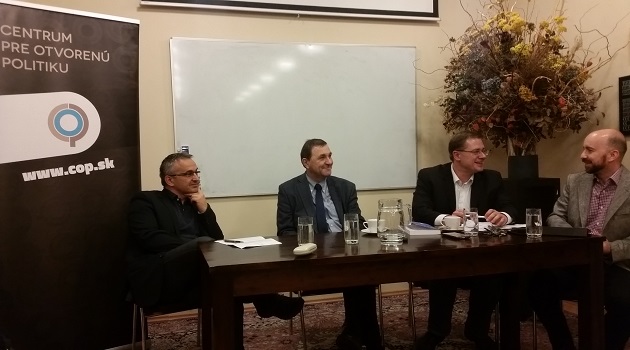Anne Applebaum: DOES EUROPE EVEN MATTER?
It was born in the ashes of World War II and grew rapidly during Les Trente Glorieuses, the 30 years of economic development that followed that conflict. It then matured, expanded, and acquired both a currency and a good deal of respect. By the start of the 21st century, it was feted as a great symbol of international cooperation. But 2015 may well be remembered as the year when the institutions of the European Union began to fail — when the world, and even Europeans themselves, began to view the body as weak and incompetent.
Ironically, the EU has been a victim of its own success. The founding aims of the European project were to bring peace to a continent devastated by war, create a common market, and reunify the continent’s east and west. By the early 1990s, those goals had been achieved. But half a century of peace and prosperity created complacency. Europe became so stable it decided that it didn’t need a foreign policy or a defense strategy of any gravity, that it could ignore or absorb the costs of its more irresponsible members’ financial mistakes, and that it didn’t need to worry about dysfunctional states to its south and east. Those decisions led directly or indirectly to some of 2015’s most memorable news stories: Greece’s economic and political crisis, the worst refugee emergency in 70 years, Russia’s intervention in Syria, the civil war in Syria, and of course the Paris terrorist attacks that Syria inspired.
The EU’s problems are often blamed on what Margaret Thatcher once called its “airy-fairy” ambitions to be a United States of Europe. This year, however, it became clear that most of its failures are caused by EU countries’ refusal to pool resources and share sovereignty — to behave like an actual union or even a group of states with common economic and security interests.
The euro crisis might have been avoided, for example, if the common currency’s members had decided to require the coordination of fiscal and banking policies before a new state could join. The eurozone would have had far fewer members, but Greece would have avoided bankruptcy and Spain, Portugal, and Italy would be in better condition too.
Equally, Europe could have helped stem the refugee crisis if its leaders had decided — perhaps when they implemented the Schengen Agreement — to reinforce weaker borders, patrol the Mediterranean with a large and permanent force, and implement clear shared rules about political asylum that would be strict enough to discourage ineligible people from attempting dangerous journeys. Instead, member states were largely left to their own devices, and unacceptable burdens eventually fell on Italy, Greece, and more recently Hungary.
Of course, refugees might not have poured into Europe at all had the EU decided earlier to make a genuine effort to promote political transitions in post-revolutionary Libya or pre-conflict Syria. This was impossible, however, because Europe has no means of projecting influence. In theory, it has its European External Action Service, a “foreign ministry” with diplomats and embassies. In practice, the job of the EU foreign minister has twice been filled by people with no international reputation or experience, who were then largely ignored. There have been a few EU successes, such as the almost totally unpublicized European naval operation that has put a stop to piracy off the Somali coast. But most of the time, the EU has waited until it was far too late to act, if it has acted at all. Only when the Syrian war came to Paris did the French suddenly realize that the Middle East isn’t as far away as they thought.
Twenty years ago, when the United Kingdom and France still had real foreign-policy ambitions — and real armies — the absence of a joint decision-making forum mattered less. In crises, the larger countries could act together, or with the United States, if the EU could not. But now, France has its weakest president in recent memory, and Britain is focused on its own domestic issues. Meanwhile, despite being the continent’s clear economic leader, Germany finds it difficult for obvious historical reasons to speak too loudly or forcefully about anything that even hints at security policy.
The result is a policy vacuum in Europe — one that Russia, long dismissed as irrelevant to the continent, is now eagerly seeking to fill. This is most obviously the case in Syria, where absent any coherent Western strategy, Putin has decided to defend President Bashar al-Assad. In Ukraine, the Kremlin promotes anti-European propaganda and uses military and economic tools to destabilize the government. Inside the EU, the Kremlin uses money and media to support Euroskeptic ideas or parties, throwing its financial support to the far right (Jobbik in Hungary, the National Front in France) and moral support to the far left (Syriza in Greece). And there is still no sound continent wide response to this interference.
All this silence and inaction are strange because while no European state counts any longer as a first-league international power, the EU as a whole is the world’s largest and richest economy — a real partner for both the United States and China. If Europe’s leaders want to capitalize on that fact, reverse the disasters of 2015, exert real influence, and regain the respect of their own citizens, they must reinforce their institutions and promote their values in their immediate neighborhood. Indeed, if the EU even wants to maintain the peace and prosperity it has preserved for so long, it needs to become far more ambitious, both at home and abroad.
(Foreign Policy 1. 12. 2015 http://2015globalthinkers.foreignpolicy.com/#!decision-makers/detail/does-europe-even-matter )







